What does Leviticus 25:11 mean?
"A jubile shall that fiftieth year be unto you: ye shall not sow, neither reap that which groweth of itself in it, nor gather the grapes in it of thy vine undressed." - Leviticus 25:11

Leviticus 25:11 - "A jubile shall that fiftieth year be unto you: ye shall not sow, neither reap that which groweth of itself in it, nor gather the grapes in it of thy vine undressed."
Leviticus 25:11 in the King James Version of the Bible reads, "A jubilee shall that fiftieth year be unto you: ye shall not sow, neither reap that which groweth of itself in it, nor gather the grapes in it of thy vine undressed."
This verse is part of the larger context of Leviticus 25, which outlines the laws of the Sabbath and the Year of Jubilee for the people of Israel. The Year of Jubilee was a special year that occurred every fifty years, during which slaves were set free, debts were forgiven, and lands that had been sold were returned to their original owners. This year was a time of restoration and renewal, a time for the people to remember and celebrate God's provision and grace.
The significance of the Year of Jubilee can be understood within the broader context of the Old Testament laws and the covenant relationship between God and the people of Israel. The Year of Jubilee was a reflection of God's justice, mercy, and concern for the well-being of His people. It served as a way to prevent the accumulation of wealth and power by a few at the expense of others, and to ensure that everyone had the opportunity for a fresh start and a fair share of the land.
In Leviticus 25:11, the specific instructions for the Year of Jubilee include the prohibition against sowing, reaping, and harvesting. This is a reminder that the Year of Jubilee was not meant to be a time for normal agricultural activities, but rather a time of rest, trust, and reliance on God's provision. The people were to trust that God would provide for their needs, even when they were not actively working the land.
This verse also indicates that the land was to be left fallow during the Year of Jubilee, without being cultivated or worked. This would have allowed the land to rest and regenerate, preventing soil depletion and ensuring long-term fertility and productivity. This principle reflects God's concern for the stewardship of the land and the responsible use of natural resources.
Symbolically, the Year of Jubilee and the instructions for the fiftieth year can be seen as a reflection of the rest and restoration that comes from God. It is a reminder that our dependence on God and His provision should be central to our lives. The Year of Jubilee serves as a model for us to trust in God's faithfulness and to prioritize justice, equality, and care for the vulnerable in our societies.
In the New Testament, the concept of Jubilee finds its ultimate fulfillment in the person and work of Jesus Christ. He proclaimed good news to the poor, freedom for the oppressed, and healing for the brokenhearted (Luke 4:18-19). In Christ, we find true rest and restoration for our souls, as He invites us to come to Him and find rest for our weary and burdened hearts (Matthew 11:28-30).
In conclusion, Leviticus 25:11 and the broader context of the Year of Jubilee in the Old Testament offer us a powerful reminder of God's justice, mercy, and provision. It challenges us to consider how we can live in ways that honor God's concern for justice, equality, and care for others. It points us to the ultimate rest and restoration found in Jesus Christ, who invites us to find true rest for our souls in Him.
Leviticus 25:11 Artwork

Leviticus 25:11 - "A jubile shall that fiftieth year be unto you: ye shall not sow, neither reap that which groweth of itself in it, nor gather the grapes in it of thy vine undressed."
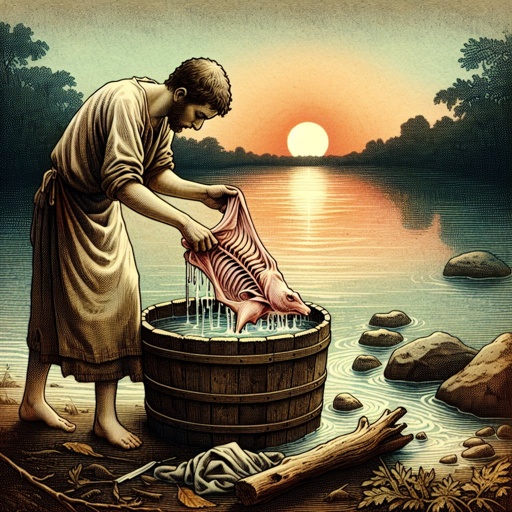
Leviticus 11:25 - "And whosoever beareth ought of the carcase of them shall wash his clothes, and be unclean until the even."
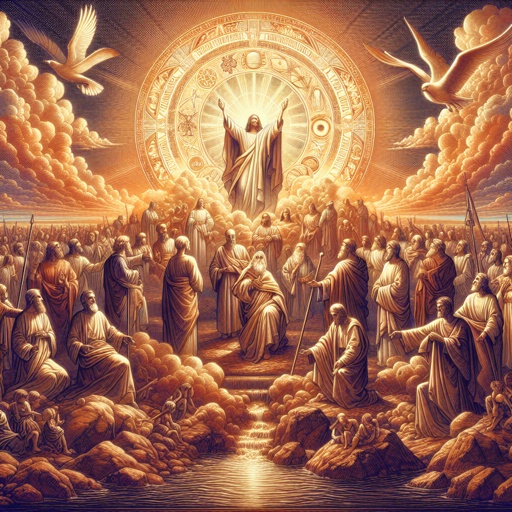
Leviticus 11:22
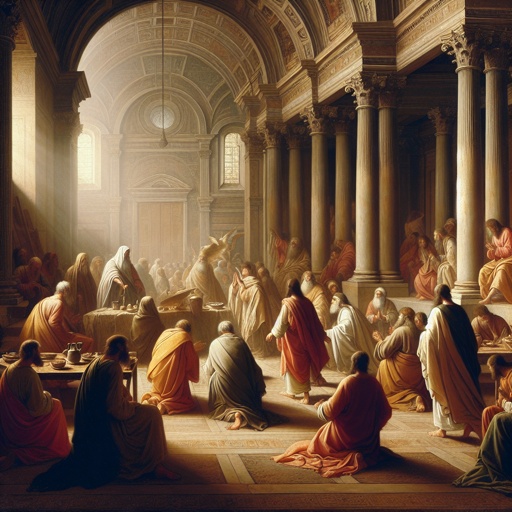
Genesis 25-11

Leviticus 25:26 - "And if the man have none to redeem it, and himself be able to redeem it;"
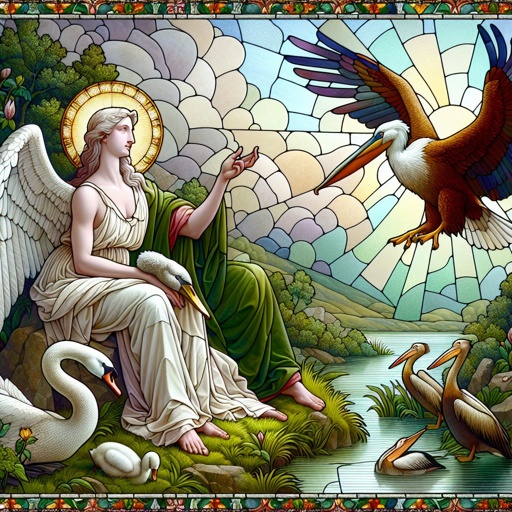
Leviticus 11:18 - "And the swan, and the pelican, and the gier eagle,"

Leviticus 25:1 - "And the LORD spake unto Moses in mount Sinai, saying,"

Leviticus 25:34 - "But the field of the suburbs of their cities may not be sold; for it is their perpetual possession."

Matthew 25:11-13

Leviticus 16:25 - "And the fat of the sin offering shall he burn upon the altar."

Leviticus 11:14 - "And the vulture, and the kite after his kind;"

Leviticus 11:17 - "And the little owl, and the cormorant, and the great owl,"

Leviticus 11:15 - "Every raven after his kind;"

Leviticus 11:30 - "And the ferret, and the chameleon, and the lizard, and the snail, and the mole."

Leviticus 25:24 - "And in all the land of your possession ye shall grant a redemption for the land."

Leviticus 25:13 - "In the year of this jubile ye shall return every man unto his possession."

Leviticus 25:23 - "¶ The land shall not be sold for ever: for the land is mine; for ye are strangers and sojourners with me."
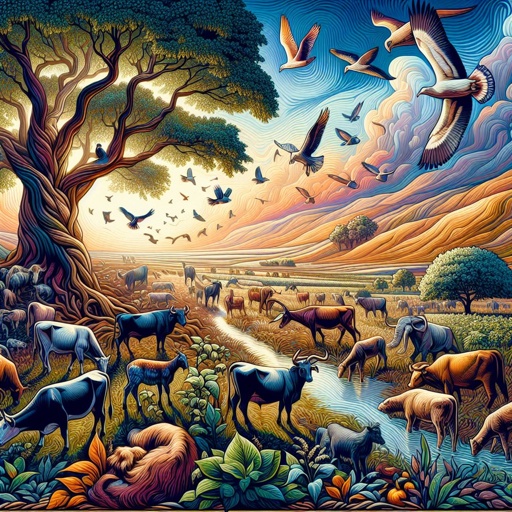
Leviticus 25:7 - "And for thy cattle, and for the beast that are in thy land, shall all the increase thereof be meat."
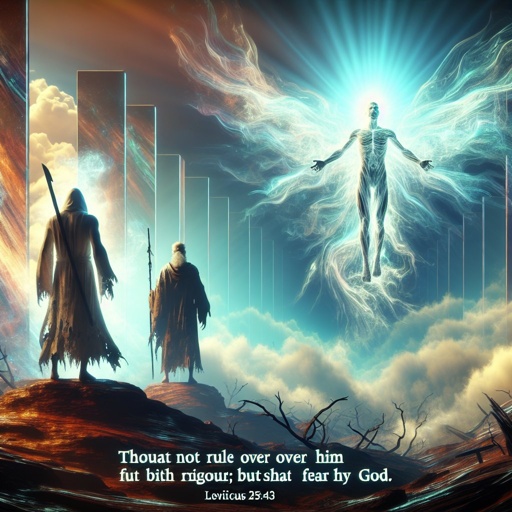
Leviticus 25:43 - "Thou shalt not rule over him with rigour; but shalt fear thy God."

Leviticus 25:32 - "Notwithstanding the cities of the Levites, and the houses of the cities of their possession, may the Levites redeem at any time."

Leviticus 27:25 - "And all thy estimations shall be according to the shekel of the sanctuary: twenty gerahs shall be the shekel."

Leviticus 11:19 - "And the stork, the heron after her kind, and the lapwing, and the bat."

Leviticus 25:40 - "But as an hired servant, and as a sojourner, he shall be with thee, and shall serve thee unto the year of jubile:"

Leviticus 25:12 - "For it is the jubile; it shall be holy unto you: ye shall eat the increase thereof out of the field."

Leviticus 9:11 - "And the flesh and the hide he burnt with fire without the camp."

Leviticus 25:42 - "For they are my servants, which I brought forth out of the land of Egypt: they shall not be sold as bondmen."

Leviticus 25:25 - "¶ If thy brother be waxen poor, and hath sold away some of his possession, and if any of his kin come to redeem it, then shall he redeem that which his brother sold."

Leviticus 25:48 - "After that he is sold he may be redeemed again; one of his brethren may redeem him:"

Leviticus 11:1 - "And the LORD spake unto Moses and to Aaron, saying unto them,"

Leviticus 11:16 - "And the owl, and the night hawk, and the cuckow, and the hawk after his kind,"